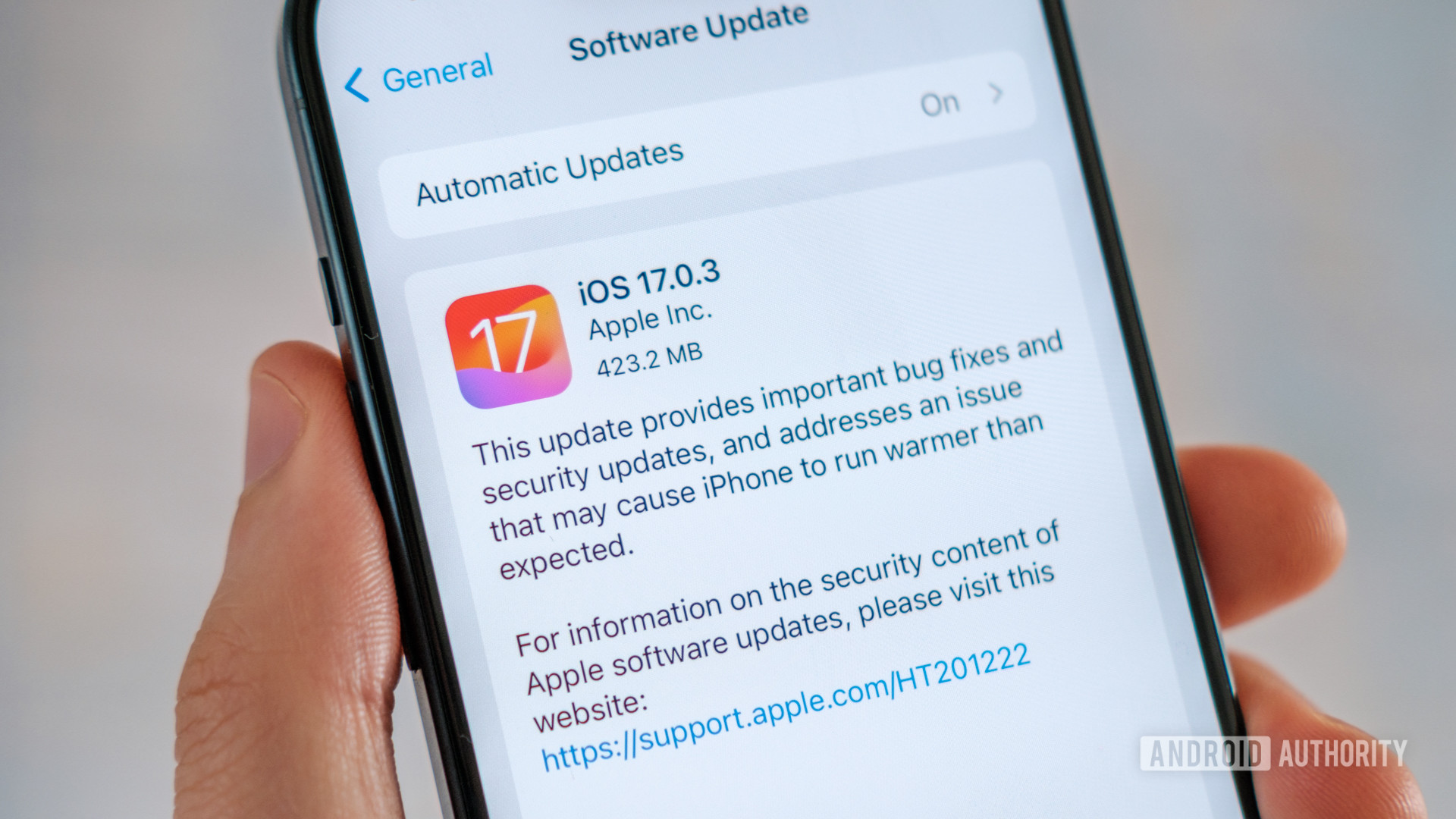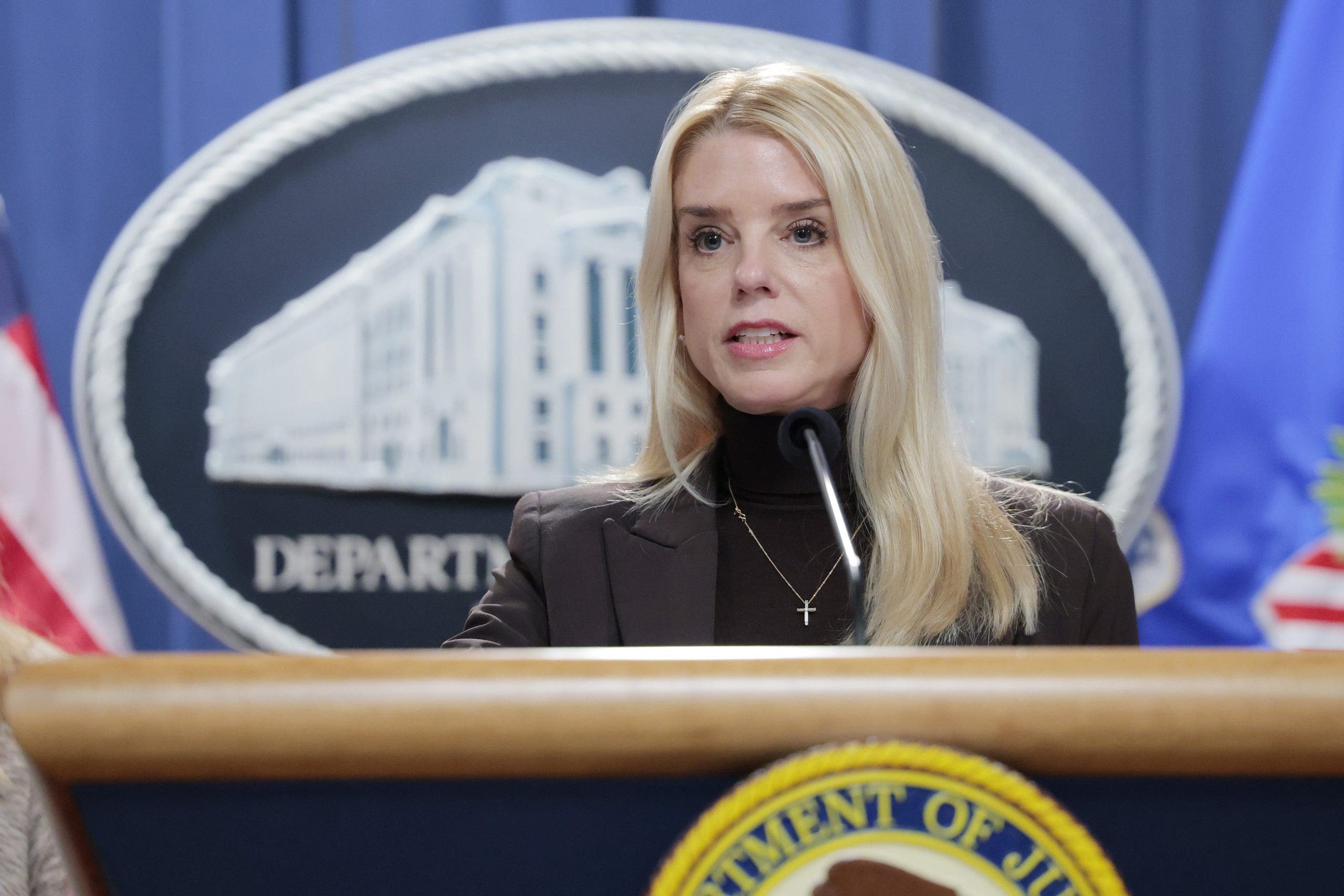On Jan. 8, 2011, I was shot in the head while meeting with constituents in Tucson, Ariz. The gunman killed six people. Twelve others were shot and survived.
I had to relearn how to walk and how to talk. My experience, and the experiences of survivors I’ve worked with, has reiterated the importance of centering survivors and their healing in gun violence prevention work.
New York has been a leader in gun violence prevention. My organization, GIFFORDS, ranked the state’s gun safety laws fourth-strongest in the country. Thanks in large part to the strength of these laws, New York also has one of the lowest gun death rates in the country.
But in such a large state, even a relatively low gun death rate translates to thousands of gun deaths every year. Even one life lost to gun violence is too many, which is why I’m calling on Gov. Hochul to sign into law the latest gun violence prevention package passed by the Legislature. It includes S. 214, Fair Access to Victims’ Compensation; S. 580, which makes Medicaid funding available for hospital-based violence intervention services; and S. 6636, the Grieving Families Act.
There are many different numbers used to try to encapsulate the toll of gun violence. The number of lives lost in the United States each year: 48,830 in 2021. The number of nonfatal injuries: by some estimates, two people survive firearm injuries for every one person who doesn’t. The number of mass shootings annually: by July, our country had surpassed 400.
But the true toll of gun violence can’t be captured by numbers. The true toll of gun violence includes the pain, suffering, and trauma of those who survived gun violence and the families of those who didn’t. It includes the lost income of those who can no longer work, the fear of kids hiding during lockdown drills, the missed birthdays and other milestones stolen from those no longer here.
At GIFFORDS, our focus encompasses the experience of survivorship: We want to pass strong gun safety laws and fund evidence-based programs so we can stop shootings before they occur. But we also want to support survivors, both those who lived through shootings and those who lost loved ones to violence. It’s not only the right thing to do; it also helps prevent future acts of gun violence.
That’s where New York’s newest package of gun violence prevention bills comes in. The first of these bills — the Fair Access to Victims’ Compensation — expands access to funds for victims of violent crimes.
In 2019, nearly 70,000 violent crimes were reported in New York. Yet the Office of Victim Services awarded only 6,140 claims for victim compensation during fiscal year 2018–19.
Financial assistance, which could include help with paying medical bills, relocation expenses, or memorial services, is vital to ensuring that survivors can begin their recovery. S.214 would help make access to these funds the norm, not the exception.
The second bill in this package, S. 580, allows Medicaid funding to be used for hospital-based violence intervention services. In some city-based hospitals, nearly half of patients treated for gunshots and other violent injuries return to the emergency department with new violent injuries within five years.
Being shot at or witnessing a shooting also makes it twice as likely that a young person will perpetrate violence themselves within two years. Hospital-based violence intervention programs disrupt cycles of retribution and help set violently injured individuals on a new path.
The final bill in this package, S. 6636, the Grieving Families Act, modernizes New York’s wrongful death statute to fully take into account the losses suffered after the death of a family member. This would include the tremendous emotional toll of grief, rather than just future earnings, and would broaden the categories of loved ones who have recourse to seek justice.
Black men and boys face a much higher risk of dying by gun homicide. These families have faced centuries of systemic bias — from redlining to voter suppression to mass incarceration — and now must bury a family member stolen by an epidemic of violence that disproportionately affects people of color.
As a society, we owe more to these families than they are eligible for under the current law.
Gov. Hochul has written in these pages that she believes “families who have lost loved ones unjustly should be able to receive meaningful compensation, and want[s] to do the hard work necessary to find solutions that strike the right balance.”
As a survivor, a former U.S. congresswoman, and the head of a national gun violence prevention organization, I believe that this package strikes that balance. I urge Hochul to sign it.
Giffords, who served for five years in Congress from Arizona, founded her gun safety group in 2013.
















Discussion about this post